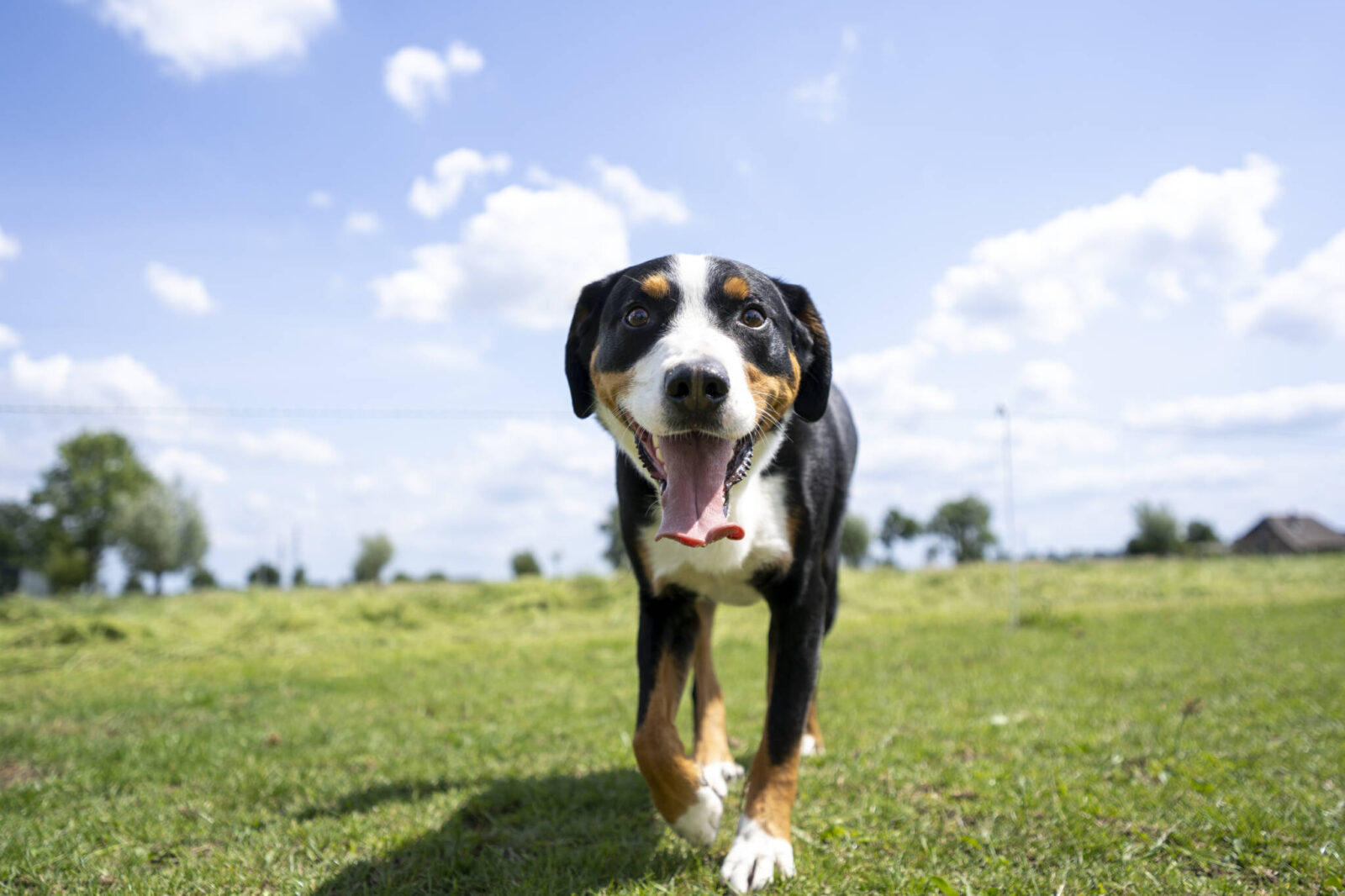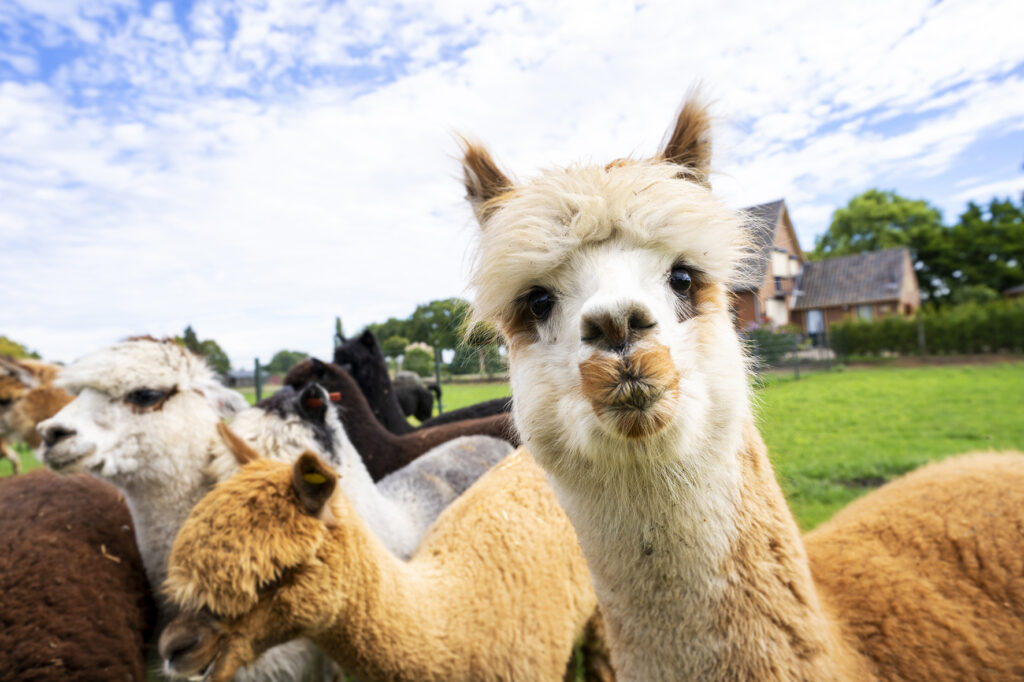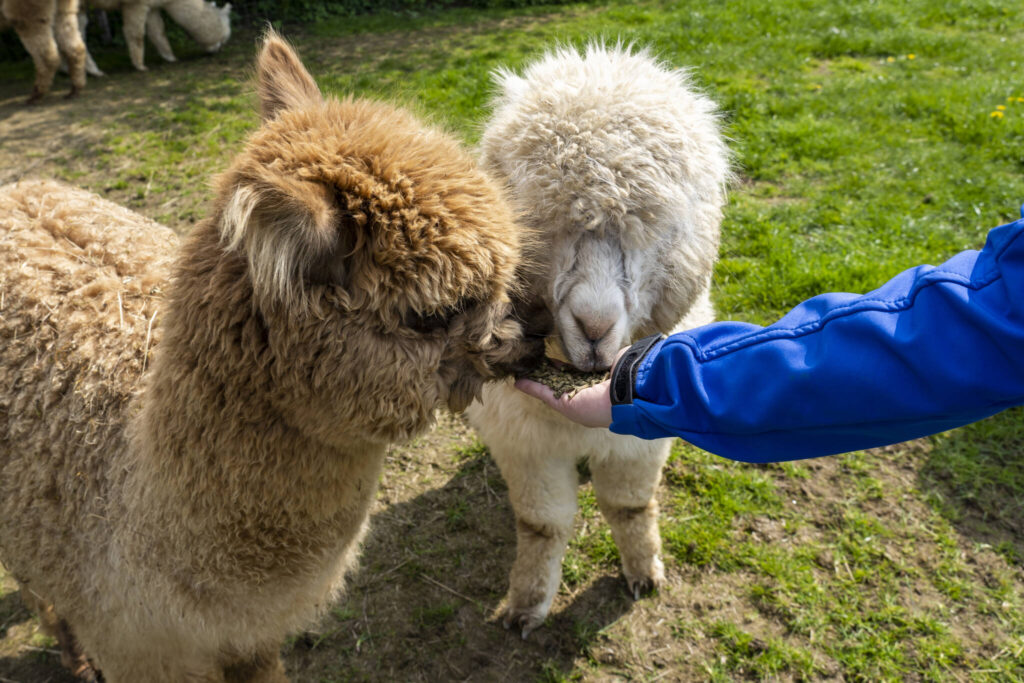ANIMALS | Summer tips for your pets
All over the world, temperatures seem to be rising every year. This does not only affect people, it affects our pets too. In this blog, we give you our summer tips for your pets. Whether you have a dog, a cat, a rodent or a bird, you can always help your pet. We’ll tell you how you can see if your pet is too hot, how to cool your pet down and what you can do to make those blistering hot days as comfortable as possible for yourself and your pet. Enjoy!
Overheating
Overheating is something you want to avoid at all costs, no matter the kind of pet you have. Therefore it’s very important to be alert to the first signs that your pet is overheating:
- the animal feels very warm
- the animal is breathing rapidly
- the animal is lethargic
Every animal has its own way of cooling down and showing whether it’s too hot. For example, birds will keep their beaks open and dogs and cats might be sick.
Dogs on hot days: how can you help?
Dogs barely have sweat glands, which means it’s hard for them to cool down. A dog’s way of cooling down is mainly by panting. If your dog is panting a lot, you can assume that your dog is hot. For dogs, it is important to provide shade, fresh drinking water and a nice dive in water if your dog fancies it.
Tip: Don’t walk too long when it’s hot, and plan your walk at the beginning or end of the day. Also, bear in mind that asphalt temperatures can rise dramatically. Make sure your dog doesn’t burn his paws.
How to support a cat on a hot day
When cats are hot, it is fairly difficult to tell by looking. There are some signs you can look out for such as lethargy, rapid breathing, loss of appetite and vomiting. Cats are animals that quickly seek cooling themselves. You can help cats by providing shade and fresh drinking water.
Tip: Fill a balloon with water and let it harden in the freezer for a few hours. When the balloon is completely frozen, remove the balloon and place the ice ball in a bowl or container. The cats can now enjoy the cold and stand in it with their paws if they wish.
Rabbits, rodents and heat
Rabbits do not cope well with real heat either. Rabbits become very sluggish and eat less when they are too warm. Digestion generates extra heat in the body, which is something the animal naturally avoids on a hot day. You can check this by feeling their ears; the warmer the ears feel, the warmer the rabbit is. Rodents such as guinea pigs, mice and hamsters respond to heat the same way: they might become lethargic and eat less. It is easier to see in rodents because they often breathe very quickly and react poorly to their surroundings.
Did you know that when it is warmer, animals generally need to eat less food to maintain their body temperature? You can adjust the amount of food your pets eat accordingly.
The best way for rabbits to cool down is to make sure that their cage is not in direct sunlight to begin with. If it gets too hot, you can fill a bottle with water and put it in the freezer. When it’s frozen over, you can put the bottle in the cage, as long as it’s wrapped in a tea towel. They can then crawl against it to cool off. The same principle works for rodents. You can also help them a little by providing enough drinking water and cutting long-haired animals short.
Tip: Give your pet some extra vegetables throughout the day. This also provides extra moisture and allows the animals to cool down further.
Birds need cooling down too
Did you know that it is very easy to see when birds are hot? They often breathe with their beaks open and sit with spread feathers to cool down. Make sure the cage is out of the sun at all times and always provide fresh water. A fan can also be a good way to cool down a room, but make sure that the airflow is not directly on the bird. This usually makes them uncomfortable. Please keep an eye on your bird to see how it responds to the fan.
Be careful when your bird is allowed to fly around freely in the house! Windows and doors are often open in the summer, which means that your bird can escape more easily.
Tip: Provide a nice bath for the birds! Make sure to change the water regularly.
More summer tips for your pets?
Are you looking for suitable advice for “outdoor pets” such as horses, goats, sheep and chickens? Ask our nutritionist Mariska at advies@garvo.nl. Do you have any other questions or additional tips? You can also reach us during working hours by calling 0313-472321.



